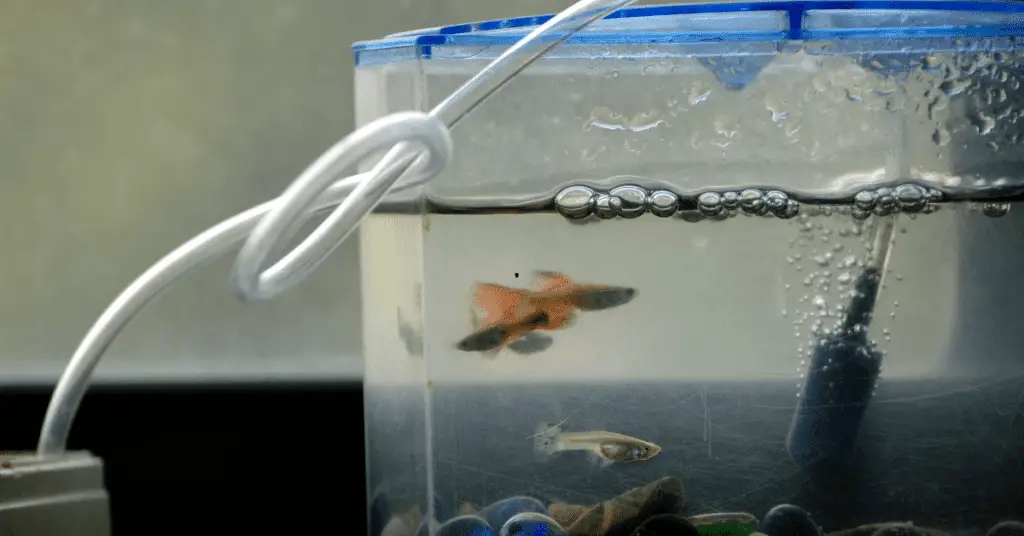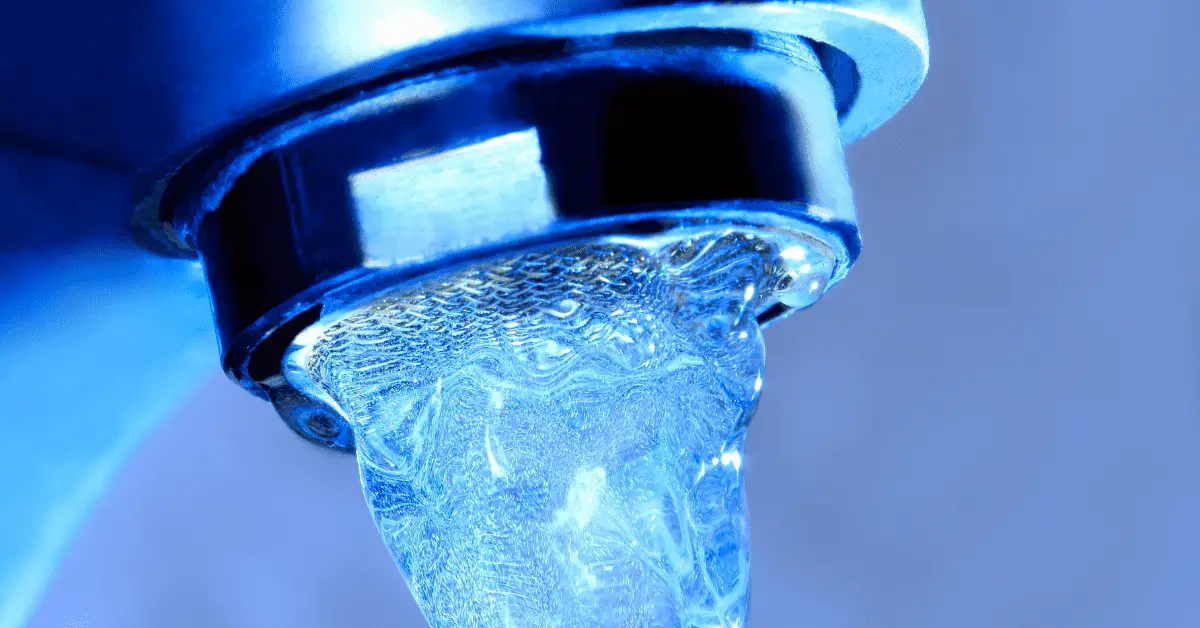When you’re setting up a simple fish tank or an aquarium, filling it with water may be your first thought. Tap water is affordable and accessible, but how long can your fish survive in it?
Fish can only survive a few days in untreated tap water because it contains harmful substances. To help your fish live longer, dechlorinate the water, decrease its hardness, and create a balanced environment. Using water conditioners and filters can also be effective.
The rest of the article will explain why tap water is a threat to fishes. It also addresses how to make fish survive longer by some solutions and products and what factors may affect their survival.
Why Can’t Fish Survive in Tap Water?
Fish can’t survive in tap water because it contains chlorine and chloramine. These are water treatment substances, that although essential for human consumption, can kill the healthy bacteria needed for fish. They damage their gills and skin and may end up in their bloodstream.
While exposure to small amounts of chlorine and chloramine will make your fish ill, more significant amounts or prolonged exposure can be fatal.
Know Your Fish
Factors like size, species, and metabolic rate may affect your fish’s survival in tap water.
For example, studies show that although bigger fish need more oxygen, they can better deal with oxygen fluctuations, potentially extending their survival in oxygen-deficient water. Moreover, some hard water species such as Paradise Fish, Cichlids, Archers, and Scats can better adapt to hard water.
Stress is also another factor affecting fish survival. Improper water conditions can cause lots of stress. Insufficient oxygen combined with high levels of ammonia, nitrate, or metal can cause stress and ultimately take your fish’s life.

Test Your Water
Tap water content may vary based on region. However, your fish need an optimal balance of oxygen, nitrate, and minerals to survive. If you see your fish abnormally gasp at the surface, conduct a water test to identify the cause of the problem.
Ammonia, pH, and chlorine test kits are available in aquarium shops. API FreshWater Master Test Kit from Amazon is excellent for weekly monitoring. It lets you check the water’s parameters, including its pH, ammonia, and cholesterol levels.
How To Help Your Fish Survive in Tap Water
Here are a few solutions to make tap water safe for your fish:
Let the Water Sit
Tap water requires at least 24 hours to dechlorinate since the chlorine evaporates slowly at room temperature. In some cases, it may even take a few days until all the chlorine disappears.
Besides, when you let water sit, it reaches room temperature, which means less stress to fish due to the sudden change of surroundings.
Boil the Water
If you can’t wait for 24 hours, consider boiling the water for 15 minutes to eliminate the chlorine. Boiling can also remove harmful bacteria that cause fish skin diseases.
The speed and time of evaporation depend on the surface size and volume of water. If you plan on filling a large tank, use wider containers.
Use Water Conditioners
Water conditioners are compounds that dechlorinate tap water and neutralize chloramine. Some products can also treat hard water. You should add the solution to your aquarium before refilling it with water.
API TAP Water Conditioner from Amazon is a reliable option that comes in different sizes, from 1 to 128 ounces (29.57 to 3,785.41 ml). It’s safe for all types of fish and available at an affordable price tag.
Install a Reverse Osmosis Unit
Reverse osmosis is an advanced option to make tap water safe and eliminate the need for a water conditioner. It hooks up to your tapper faucet and filters out harmful chemicals. It also softens water and lowers the acidity level (pH).
Water hardness depends on the mineral levels. So if you’re in an area with hard water, it’s a good idea to invest in a reverse osmosis unit to create a safe environment for your fish.
Remove Chlorine With Ultraviolet Light
An ultraviolet bulb causes reactions in water that neutralize chlorine. UV also breaks down toxins like ammonia and nitrate and helps you get rid of algae. But it may not work on dissolved metals and has little effect on changing water hardness.
The Green Clear UV lamp for sale on Amazon is an excellent choice for tanks of up to 300-gallons. It helps you clear cloudy/green water quickly. However, depending on the severity of your issue, getting rid of the algae may take several days to a month.
Filtered Water vs. Tap Water
Filtered water is safer for fish than tap water, but the choice largely depends on the type of fish and its ideal environment. Sometimes, filtering tap water removes even the essential chemicals. That’s why you should always test the water and add any necessary minerals after filtering.
One good way is to add a few drops of remineralizer into the water. Seachem Equilibrium from Amazon is a quality option that maintains mineral content and water hardness. It’s sodium-free and safe for fish.
If you find it hard to install filters, a filtered pitcher can clean the tap water. This option is especially helpful for goldfish, which are vulnerable to both chlorine and heavy metals.
Brita Grand 10-Cup White Water Filter Pitcher on Amazon comes with advanced filter technology. The filter is removable, and you can change it every two months.
Final Thoughts
Consuming tap water may be fine for humans, but it isn’t an ideal living environment for fish. It contains minerals, nitrate, ammonia, and chloramine, all of which are harmful to fish. These chemicals can enter the bloodstream, causing sickness or even killing your fish.
However, if you remove the harmful substances with a water conditioner, let the water sit for at least a day, or boil it, you can safely use tap water in your aquarium. Nevertheless, it’s essential to test the water and choose a species that can adjust to living in tap water.


